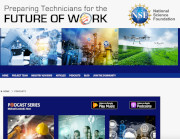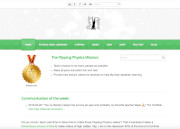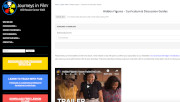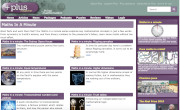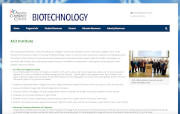
Austin Community College Bio-Link Regional Advanced Technological Education Center for Biotechnology and Life Sciences
sites.austincc.edu/biotech/ac2institute
The establishment of this regional center for biotechnology technicians complements the activities of the Bio-Link Next Generation National Advanced Technological Education Center for Biotechnology and Life Sciences. The common mission of the two centers is to
- Increase the number and diversity of well-trained technicians in the workforce
- Meet the ever-growing needs of a continually evolving and diversifying industry for appropriately trained technicians
- Institutionalize community college education practices that make high-quality education and training in the concepts, tools, skills processes, regulatory structure, and ethics of biotechnology available to all students.
This regional center will expand on Bio-Link's distributed leadership network model to build replicable state Bio-Link networks. As a regional center, its activities will broaden the impact of the national center, while at the same time focus on the biotechnology workforce needs of Texas and Kentucky, two states that host a growing biotechnology industry and would benefit from establishing a Bio-Link network. The Texas and Kentucky leadership teams are located in areas of highest industry growth.


